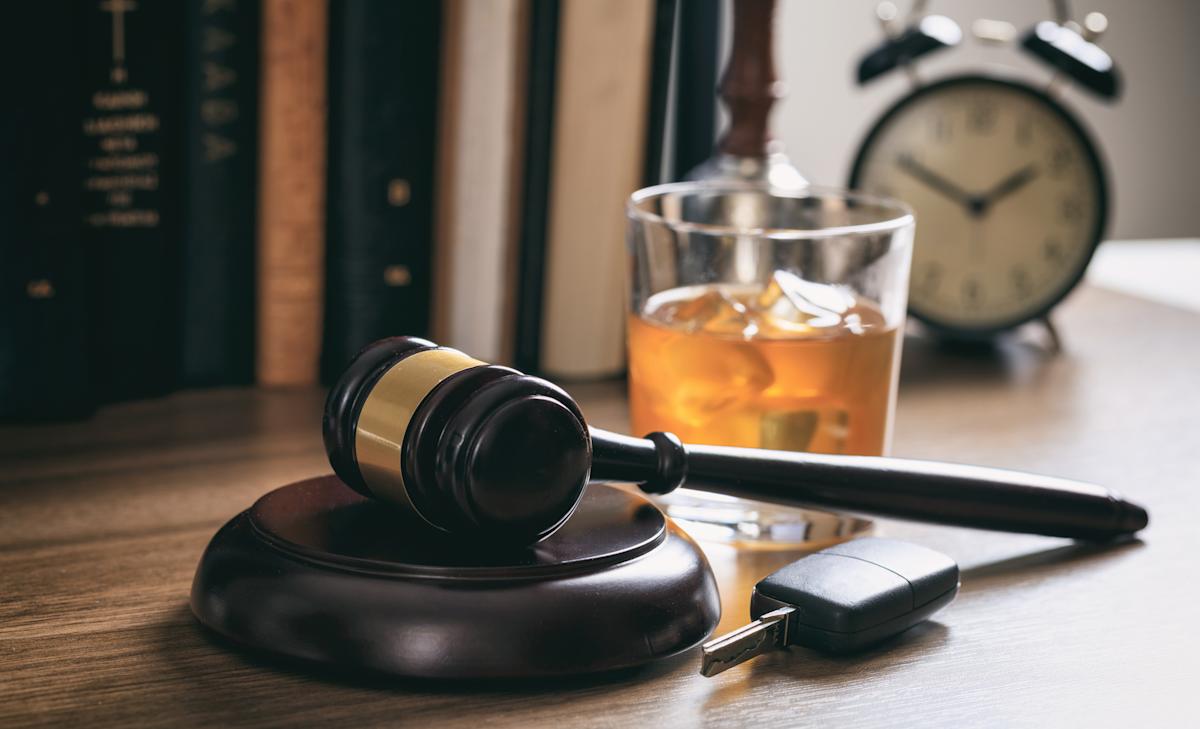The state of Missouri, like most states, makes it illegal to operate a vehicle while under the influence of alcohol or drugs. DWI is another term for driving while intoxicated, and the criminal and administrative penalties can be severe. Learn more DWI assault in Missouri.
If this is your first offense you can face jail time of up to 6 months and license suspension with eligibility for Restricted Driver Privilege. A second conviction requires mandatory ignition interlock and completion of a substance abuse traffic offender program.
Operating a Vehicle While Intoxicated
Under Missouri law, you can be charged with driving while intoxicated if your ability to operate the vehicle is impaired by alcohol or drugs. Generally, this means having a BAC of 0.08% or higher. An officer can establish probable cause for a DWI stop by observing your behavior during and prior to the stop or by failing field sobriety tests or a breath test.
You can face serious criminal penalties for a DWI conviction in Missouri, including a 90-day license suspension with eligibility for Restricted Driving Privileges. You may also be required to install an ignition interlock device for six months after a conviction.
If you were arrested for DWI and refused to take a chemical test in violation of Missouri’s Implied Consent laws, you could face a separate one-year license revocation from the Department of Revenue. An experienced DUI attorney could help you challenge this revocation hearing to avoid a conviction and prevent a permanent driver’s license loss.
Operating a Vehicle While Under the Influence of Drugs
 Law Clues All Rights Reserved
Law Clues All Rights Reserved
Driving under the influence of drugs is a serious crime with major consequences. The use of any drug, whether it is a legal prescription medication or a street drug can reduce your ability to operate a motor vehicle safely and increase the likelihood of an accident resulting in injury to yourself or others.
Missouri has a specific statute that covers this offense and courts have held that you can be charged under this law even when your vehicle is not moving. The state takes this charge seriously and prosecutes it aggressively.
A first-time conviction of this offense is a misdemeanor. It may result in imprisonment of up to six months if the offender has a BAC of.20% or higher, or if there are aggravating circumstances. First-time offenders may also have to serve community service and attend treatment. They will likely have to install an ignition interlock device on their car and may have to miss work to comply with probationary terms.
Operating a Vehicle While Under the Influence of a Controlled Substance
Like alcohol, some drugs can impair driving. Drivers who operate vehicles while under the influence of illegal or legal drugs such as cough medications can be arrested for DWAI. Missouri prosecutors punish DUIs differently depending on the severity of the offense. First time offenders face class B misdemeanor charges. Individuals who act with criminal negligence and cause the death of another person or the injury of law enforcement or emergency services personnel face class C felony charges. Felony convictions generally include prison time, fines, probation and IID requirements.
The state needs to prove that your ability to drive was impaired by the drugs in your system. It can do this based on the officer’s observations during your traffic stop, your behavior after the stop, and your failure of field sobriety tests or chemical test results (blood, breath or urine). You can also be charged with a DUI if you have two prior DWI convictions. You can challenge the director’s decision to suspend or revoke your driver’s license by filing for an administrative hearing.
Operating a Vehicle While Under the Influence of a Scheduled Drug
It is against the law to operate a vehicle on a highway, street or road while under the influence of marijuana or cannabis. A conviction may result in fines, a mandatory surcharge, crime victim fees and up to one year in jail.
The minimum and maximum jail time you will face depends on how many prior convictions you have. You will also be labeled a “chronic offender,” which can make it difficult to obtain employment, as companies conducting background checks may avoid hiring people with criminal records.
Under Missouri’s implied consent laws you are required to submit to a blood, breath or urine test when requested by a police officer. Refusing testing can lead to a one-year license revocation and the requirement of an ignition interlock device. A conviction also carries substantial civil penalties. If you have been arrested for DUI in Missouri, it is important to contact an experienced DWI attorney immediately to discuss your case and develop a strategy.





